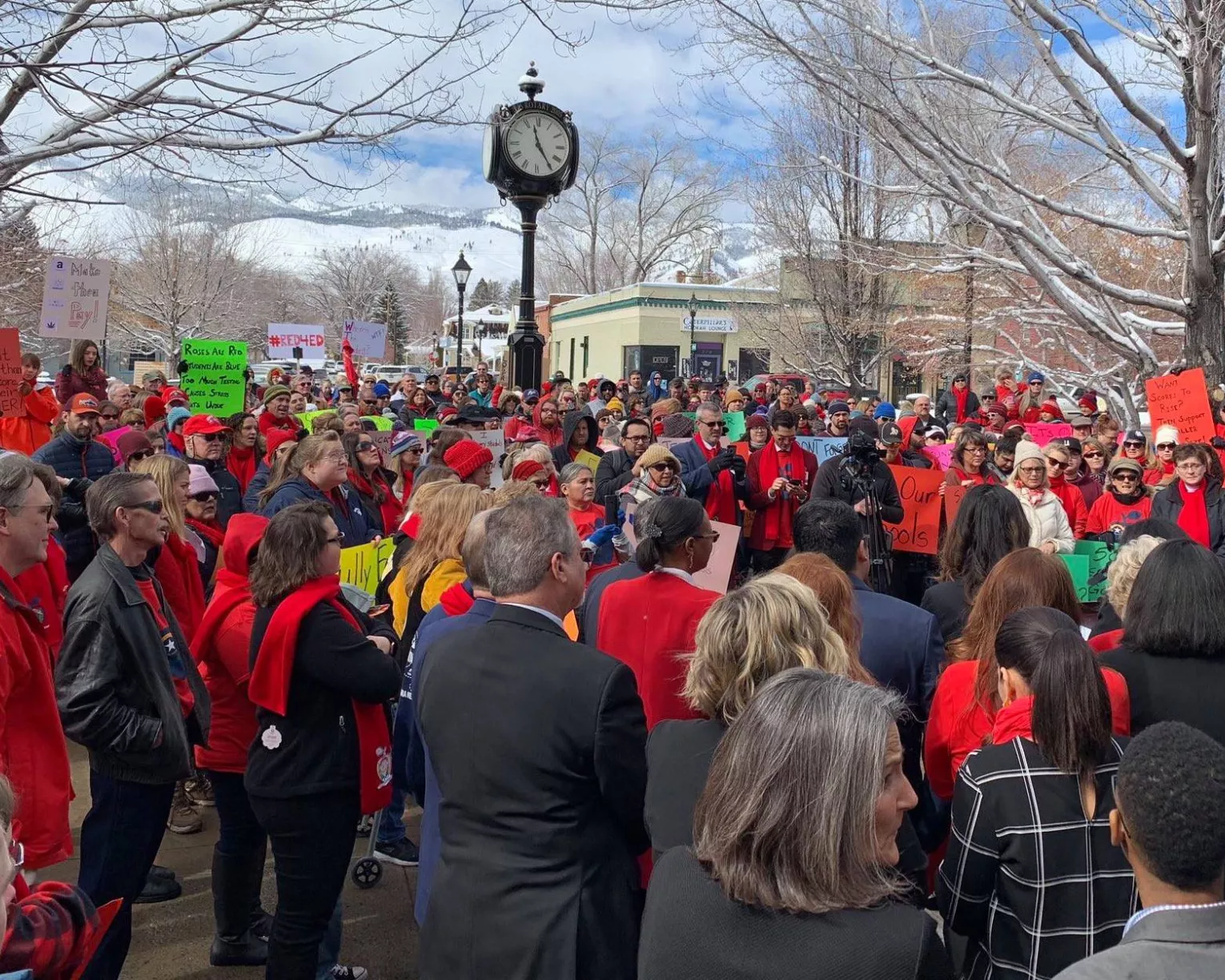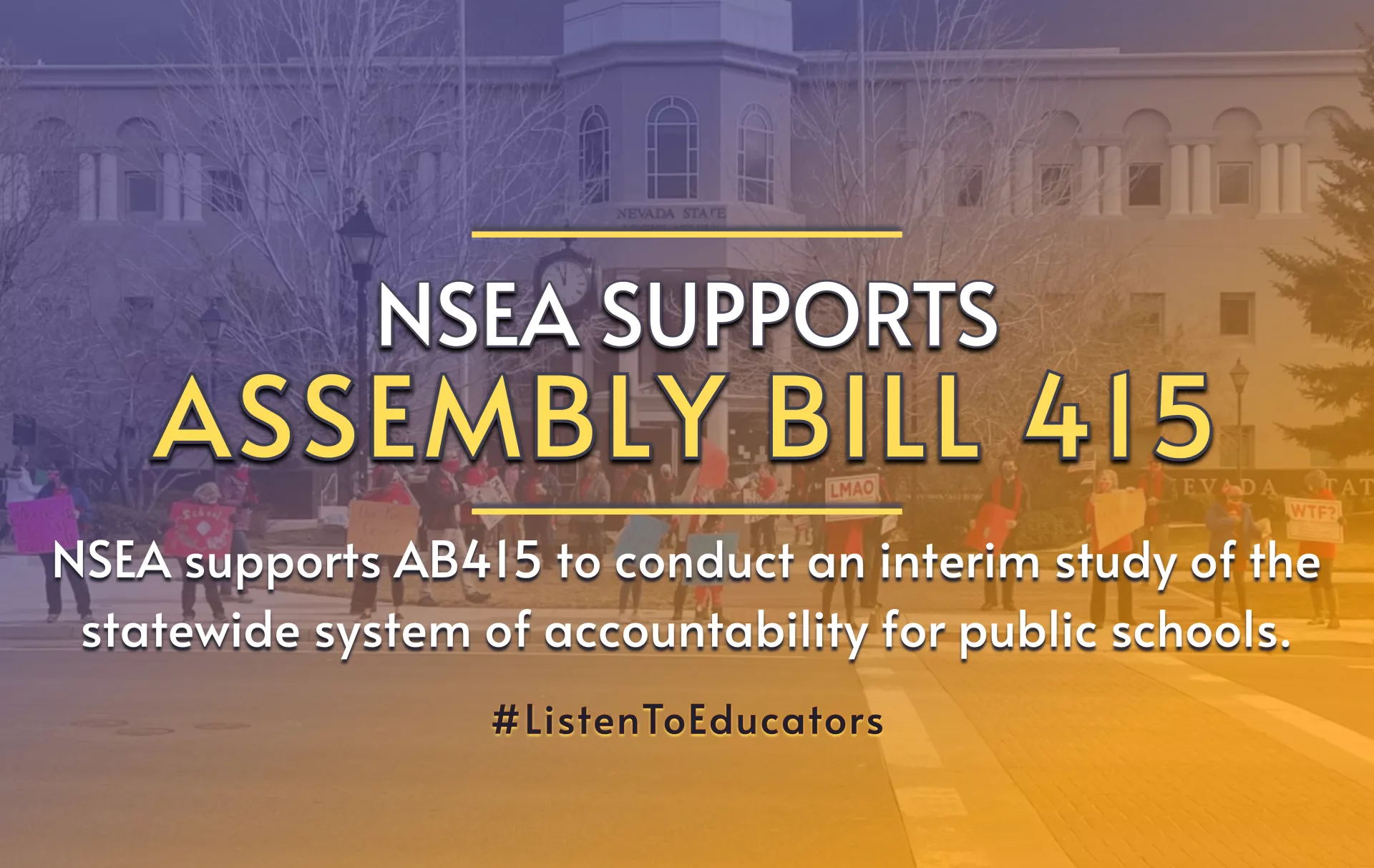NSEA has consistently expressed concern about Nevada’s sorting and rating mechanisms for educators as well as schools. The Nevada School Performance Framework (NSPF) or school star rating system has failed to foster the education improvements it was intended to deliver. Instead, it acts in a more punitive way, penalizing schools largely based on factors outside of school’s control. For example, the income of a community a school serves is more likely to track with a school’s star rating than any of the individual indicators included in the NSPF.
Of particular concern is the emphasis many school leaders put on the indicator of academic proficiency on state assessments. This creates a school culture where educators feel compelled to teach to the test, rather than spend the time needed for quality teaching and learning, including developing critical thinking skills and more time for personalized and differentiated instruction.
Since the COVID-19 crisis forced closure of school buildings and a shift to distance learning and hybrid education models, it became clear Nevada’s one-size fits all policy on student assessments, teacher evaluations, and school star ratings no longer serve the best interests of students. With most Nevada students returning to school buildings, continued reliance on these old schemes may create counter-incentives for students and educators to come to school when sick; to teach to tests instead of teaching and reinforcing health and safety; and to maximize numbers and time in classrooms, even when that may be outside of the guidelines for safe operation of school buildings.
Question about this bill? Message Us!

